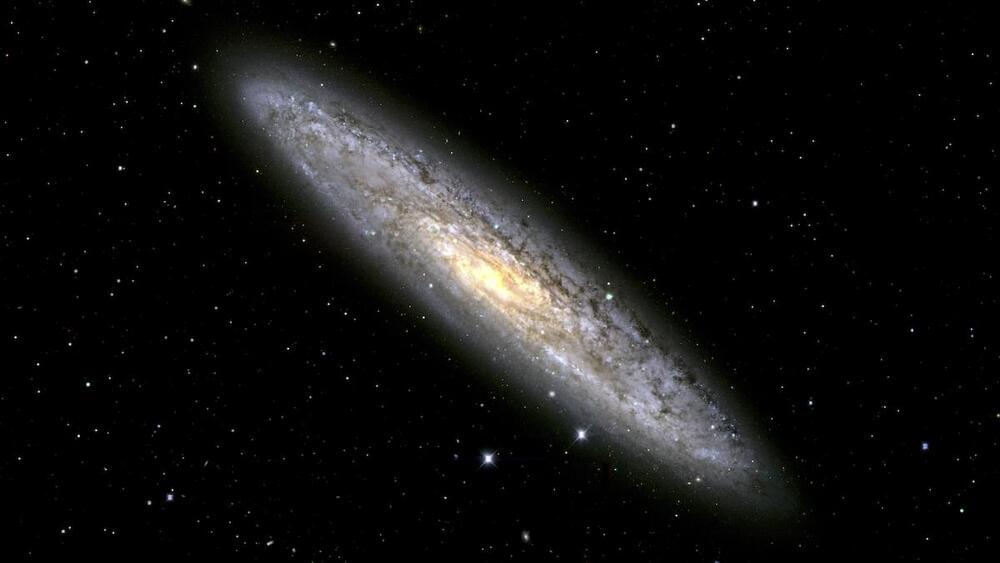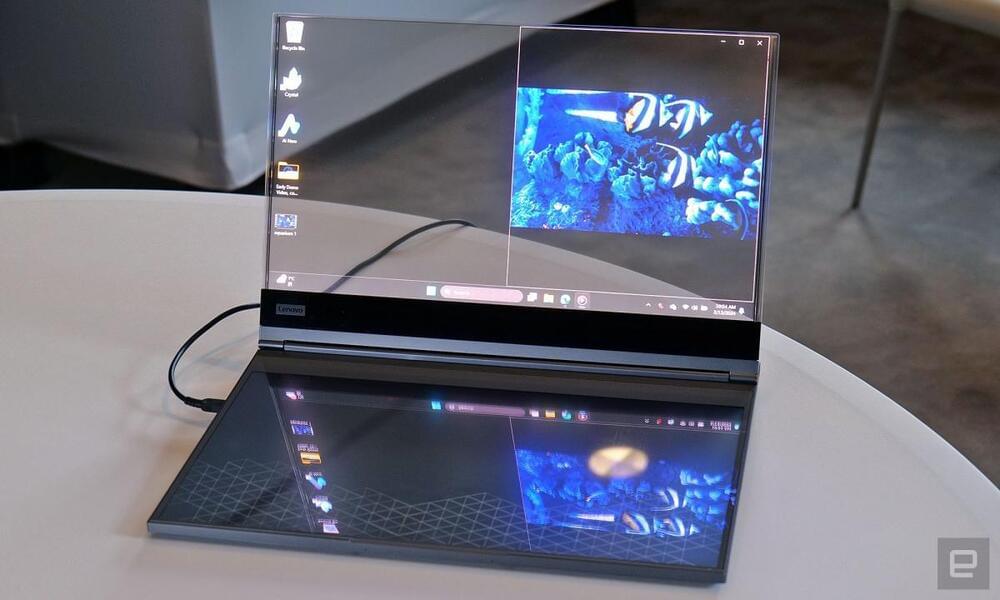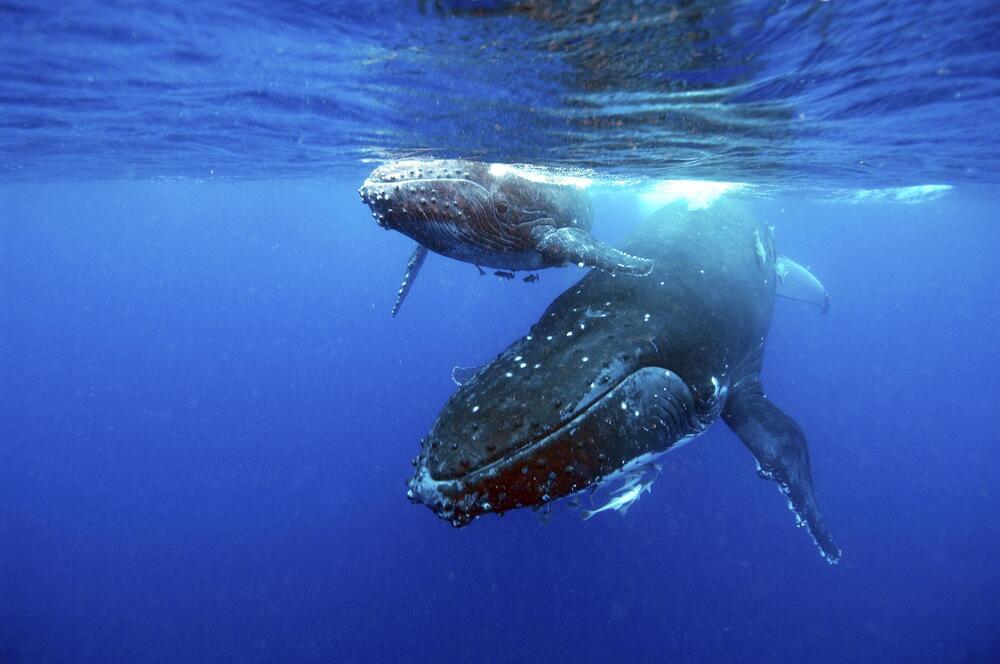
What can the night sky tell us about the expansion of the universe?
It’s a loaded question, one that researchers across the globe have been trying to answer for decades. Since 2013, they’ve been helped by the Dark Energy Survey (DES), a collaboration of more than 400 scientists at 25 institutions. At Penn, this includes Masao Sako, Arifa Hasan Ahmad and Nada Al Shoaibi Presidential Professor of Physics and Astronomy; Bhuvnesh Jain, Walter H. and Leonore C. Annenberg Professor in the Natural Sciences; Gary Bernstein, Reese W. Flower Professor of Astronomy and Astrophysics; and a handful of others from the Department of Physics & Astronomy.
In 2019, the DES finished collecting data, but analysis and discoveries continue, including one that Sako and colleagues announced recently in which they validated the “cosmic acceleration” model and dark energy’s role in it. That research is one of five recent studies detailed below, in this second iteration of Omnia’s new research roundup.









